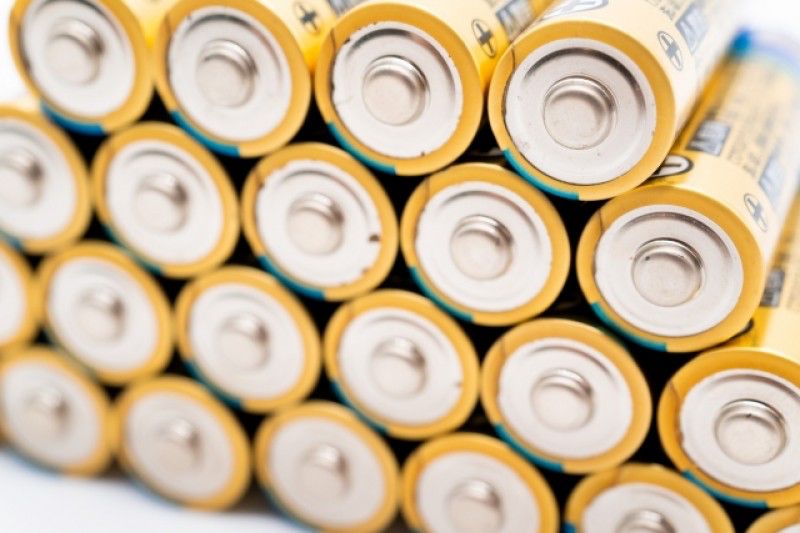The battery industry is experiencing rapid growth, driven by the increasing demand for portable electronics, electric vehicles, and renewable energy storage. In recent years, there have been significant advancements in battery technology, resulting in improved performance, longer lifespan, and reduced costs. This article aims to provide an overview of the current state of the battery industry.
One major trend in the battery industry is the widespread adoption of lithium-ion batteries. Known for their high energy density, lithium-ion batteries are ideal for various applications. The demand for lithium-ion batteries has skyrocketed, primarily due to the rapid growth of the electric vehicle market. As governments worldwide push for carbon emission reduction, the demand for electric vehicles continues to rise, thereby boosting the growth prospects of the battery industry.
Furthermore, the expansion of the battery industry is being driven by the renewable energy sector. As the world transitions from fossil fuels to renewable energy sources, the need for efficient energy storage systems becomes crucial. Batteries play a vital role in storing excess renewable energy generated during peak hours and redistributing it during periods of low demand. Integrating batteries into renewable energy systems not only creates new opportunities for battery manufacturers but also helps reduce costs.
Another significant development in the battery industry is the advancement of solid-state batteries. Solid-state batteries replace the liquid electrolyte found in traditional lithium-ion batteries with solid-state alternatives, offering several advantages such as improved safety, longer lifespan, and faster charging. Although still in the early stages of development, solid-state batteries hold great promise, leading to heavy investments in research and development by various companies.
The battery industry is also intensifying efforts towards sustainable development. With increased awareness of environmental issues, battery manufacturers are focusing on developing sustainable and recyclable battery solutions. Battery recycling has gained momentum as it facilitates the recovery of valuable materials and reduces the environmental impact of battery waste. However, the industry faces challenges, particularly in terms of limited supplies of key raw materials like lithium and cobalt. The demand for these materials surpasses the available supply, resulting in price volatility and concerns regarding ethical sourcing. To overcome this challenge, researchers and manufacturers are exploring alternative materials and technologies that can reduce dependence on scarce resources.
In summary, the battery industry is currently thriving due to the growing demand for portable electronics, electric vehicles, and renewable energy storage. Advancements in lithium-ion batteries, solid-state batteries, and sustainable practices have significantly contributed to the industry’s growth. Nevertheless, challenges related to the supply of raw materials need to be addressed. Through continuous research and innovation, the battery industry will play a pivotal role in shaping a cleaner and more sustainable future.
The information provided by Styler (“we,” “us” or “our”) on (the “Site”) is for general informational purposes only. All information on the Site is provided in good faith, however, we make no representation or warranty of any kind, express or implied, regarding the accuracy, adequacy, validity, reliability, availability or completeness of any information on the Site. UNDER NO CIRCUMSTANCE SHALL WE HAVE ANY LIABILITY TO YOU FOR ANY LOSS OR DAMAGE OF ANY KIND INCURRED AS A RESULT OF THE USE OF THE SITE OR RELIANCE ON ANY INFORMATION PROVIDED ON THE SITE. YOUR USE OF THE SITE AND YOUR RELIANCE ON ANY INFORMATION ON THE SITE IS SOLELY AT YOUR OWN RISK.
Post time: Jul-18-2023









